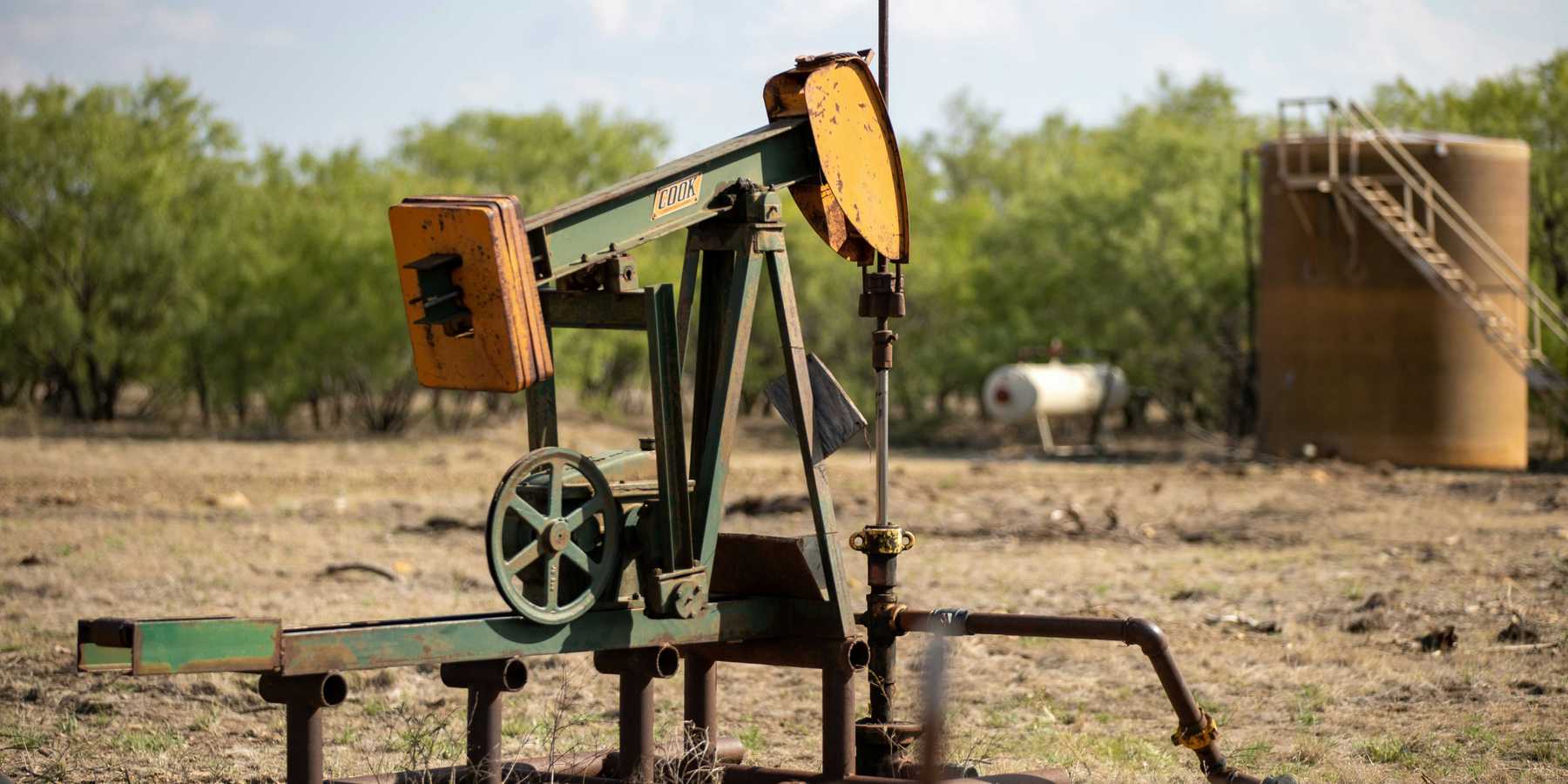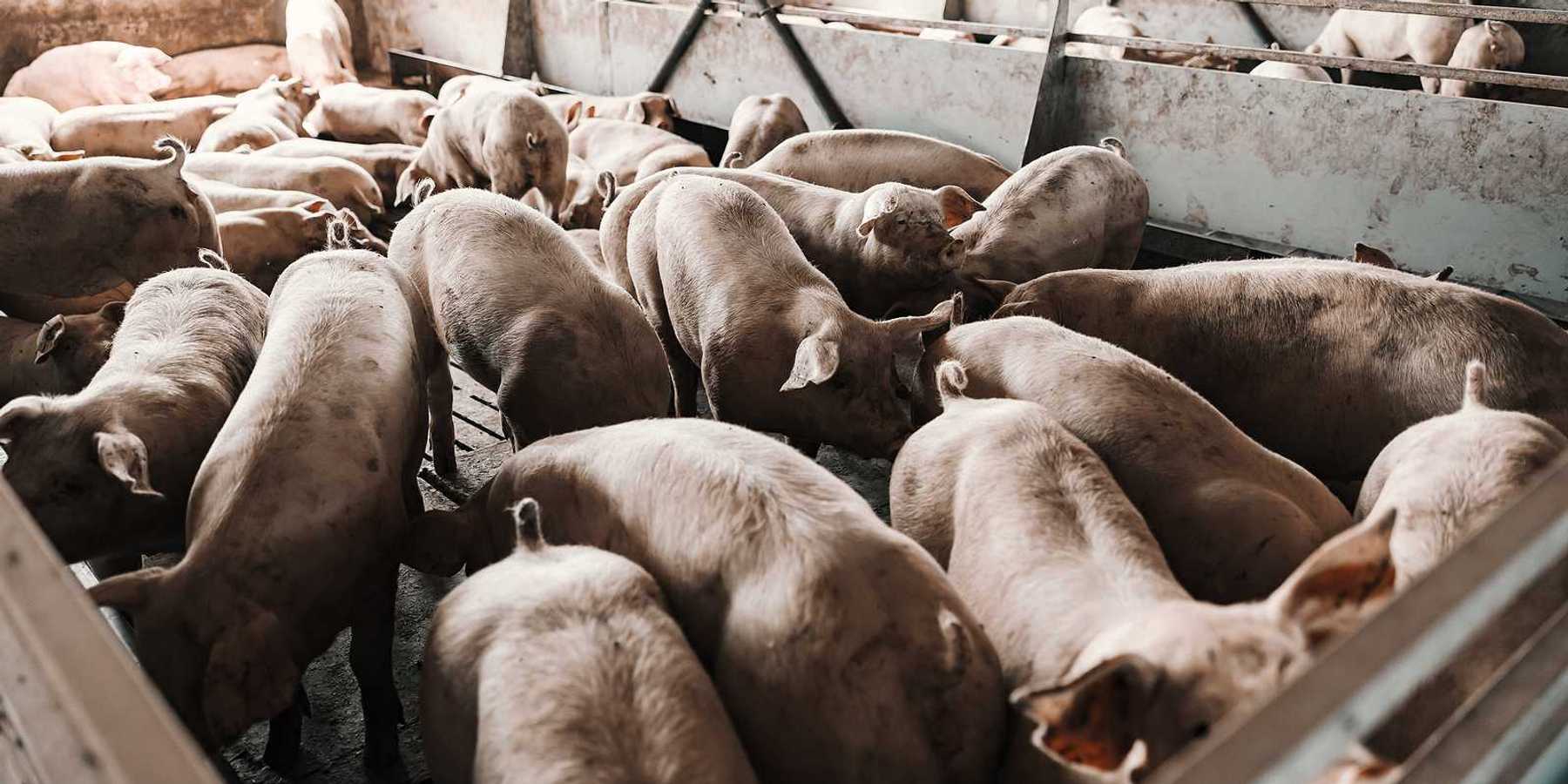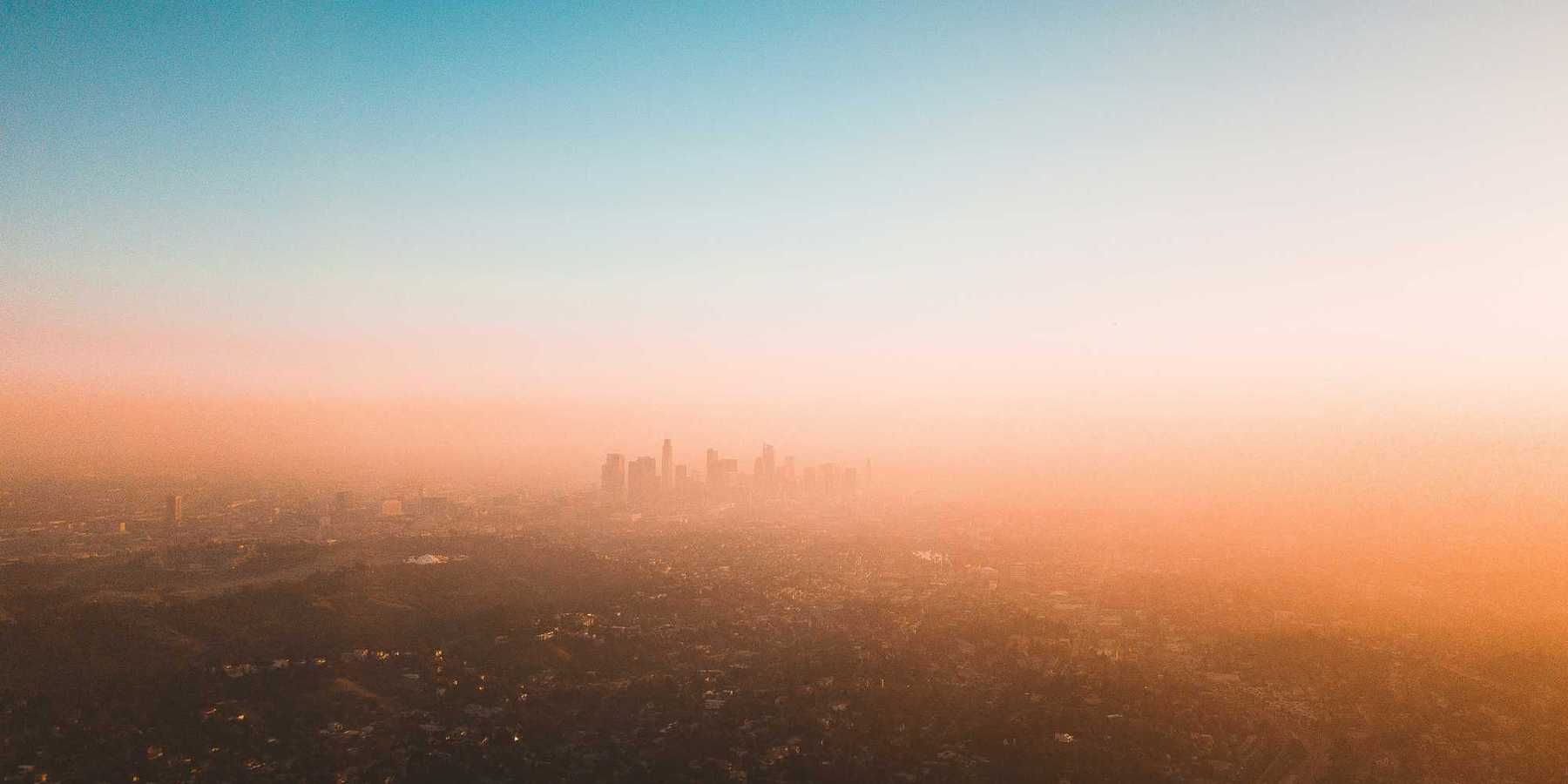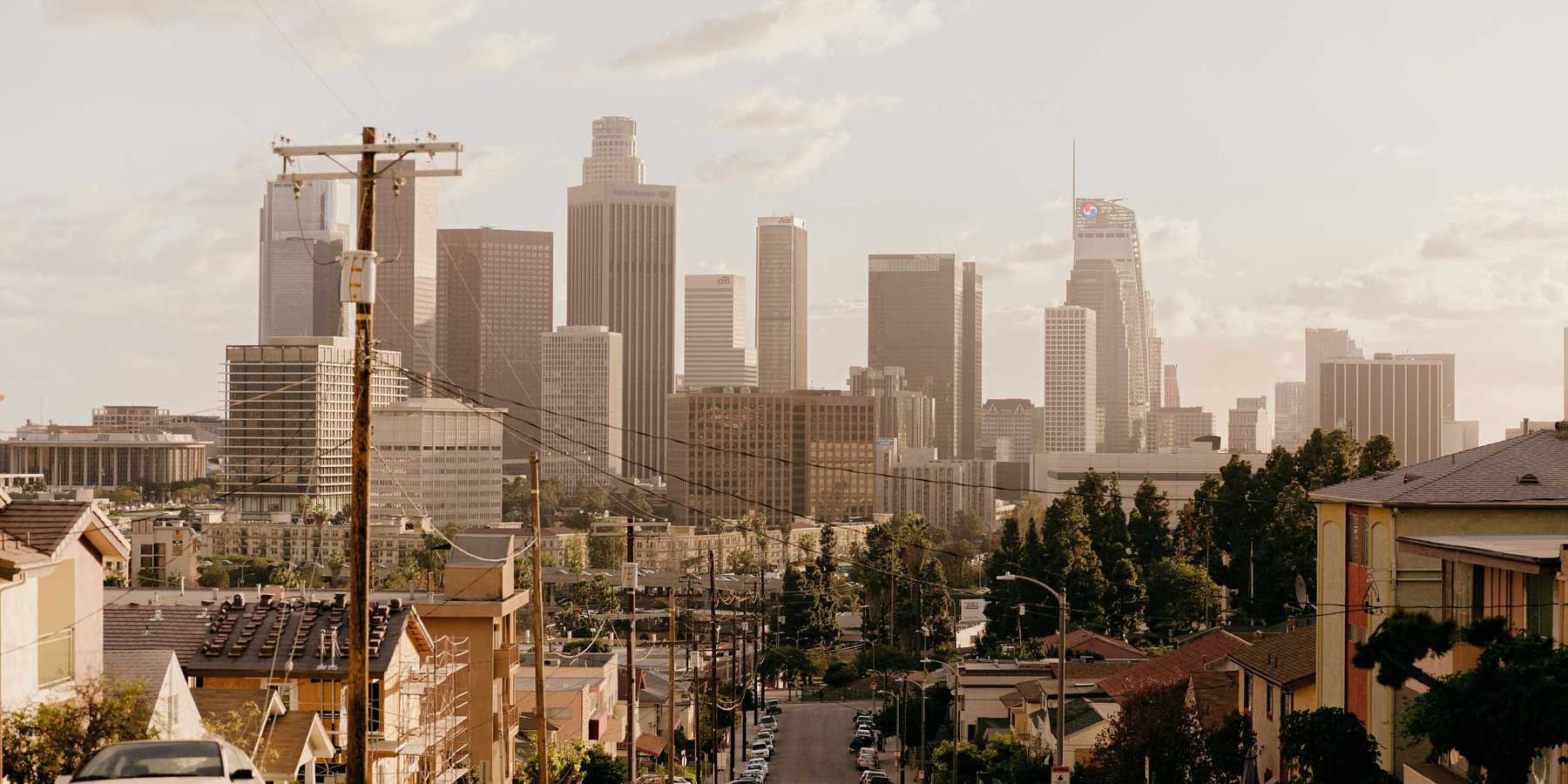Facing a wildfire crisis with underpaid heroes
U.S. wildland firefighters face dire circumstances, enduring unlivable wages and dangerous conditions while protecting the nation from wildfires.
Louise Boyle reports for The Independent.
In short:
- Wildland firefighters in the U.S., numbering around 19,000, grapple with salaries below a livable wage, homelessness, and PTSD due to the perilous nature of their work.
- The climate crisis exacerbates the challenges, with larger and unpredictable fires occurring year-round, putting additional strain on an already overburdened workforce.
- Efforts to improve conditions, including a pay raise in 2022, have been insufficient, and the profession faces a high turnover rate, endangering the effectiveness of wildfire response.
Key quote:
“This is a group of people who truly love what they do. It’s not just a job, it becomes so much a part of your life.”
— Riva Duncan, vice president of Grassroots Wildland Firefighters
Why this matters:
Wildland firefighters carry heavy equipment over rugged terrain, work long shifts—sometimes up to 16 hours a day for consecutive days—and operate in environments that can range from freezing cold to oppressively hot. This relentless physical exertion can lead to injuries and long-term health issues.
The exposure to smoke and particulate matter poses a serious health risk. Prolonged inhalation of these substances can affect lung function and exacerbate or lead to respiratory and cardiovascular diseases. Despite protective gear, the nature of the work often exposes firefighters to harmful levels of smoke.
As western wildfires become bigger and more intense, state and federal fire agencies are using more and more aerial fire retardant, prompting concerns over fish kills, aquatic life, and water quality.













